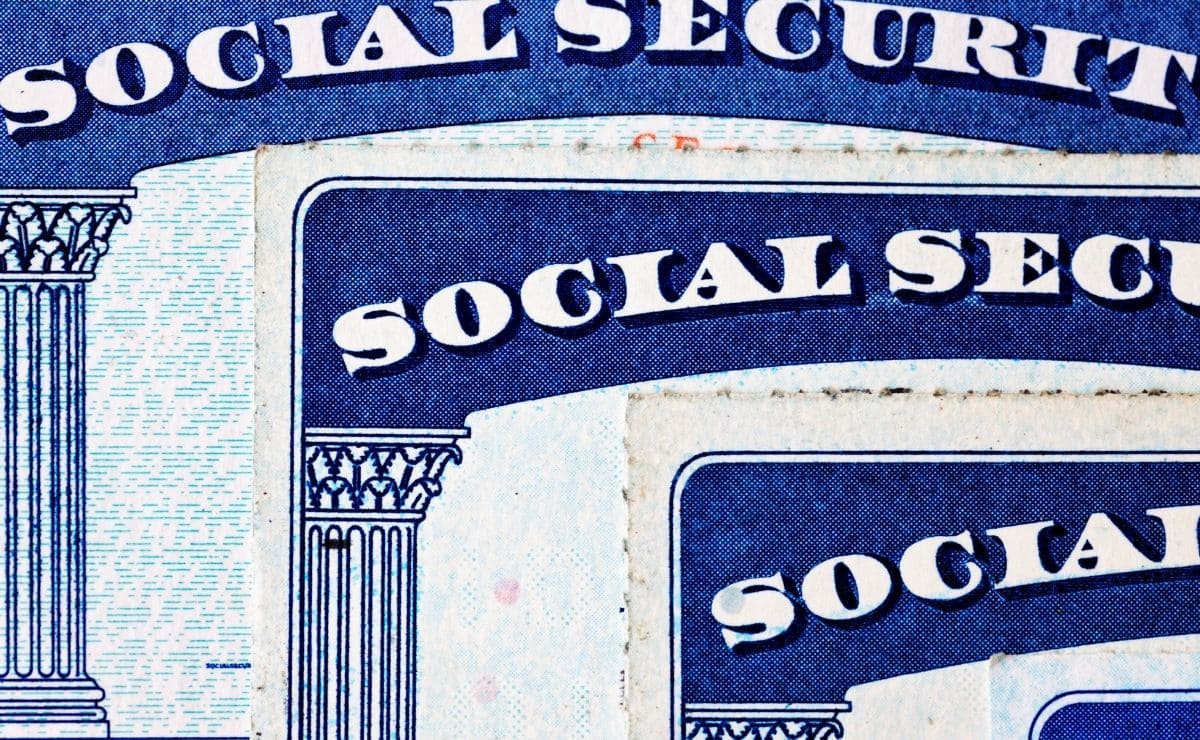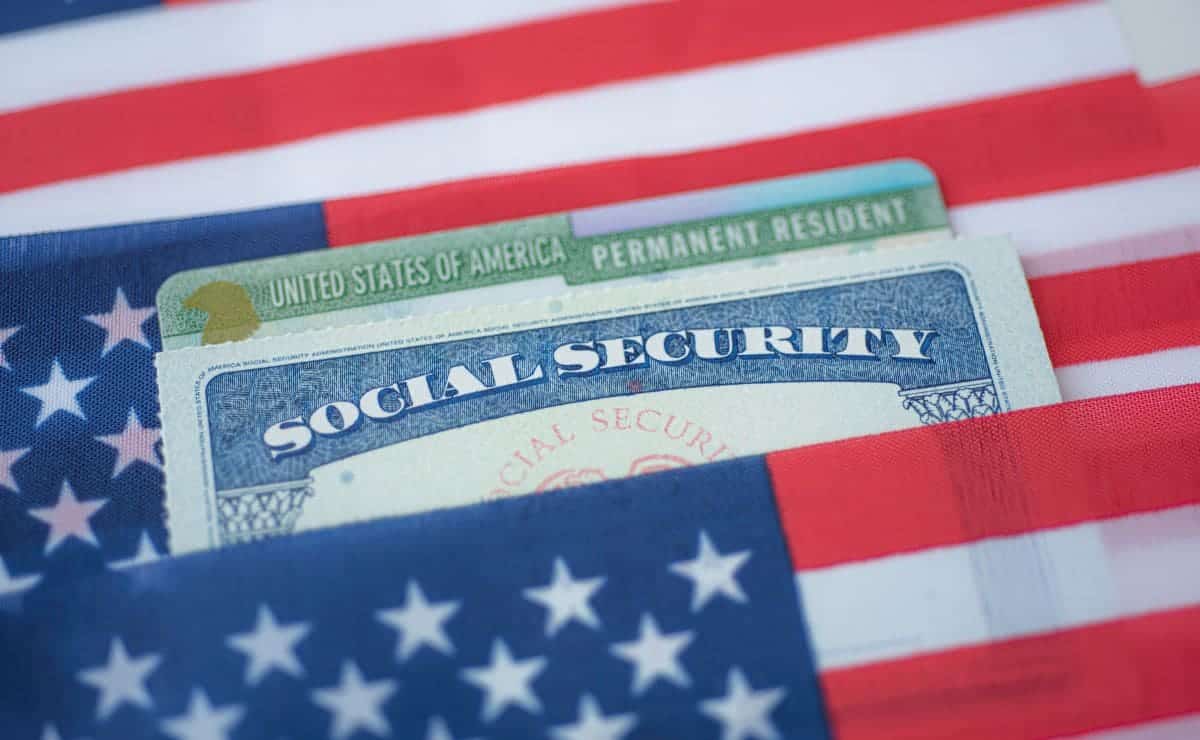For some citizens, the Social Security Administration’s payment may not be enough, as inflation in the United States has been very high in recent years. For that reason, Supplemental Security Income is coming to American pockets.
The purpose of this benefit is none other than to ensure the social welfare of U.S. citizens. The payment of up to $914 of this benefit can solve the lives of millions of people who do not have enough money to pay all their bills.
What is certain is that we must not forget that not all Americans can apply for Supplemental Security Income. To qualify for this extra benefit from the Social Security Administration, you must meet certain requirements, which are always individual, since the amount of the Supplemental Security Income payment is very subjective.
Who can apply for Supplemental Security Income?
Only a group of Americans can apply for Supplemental Security Income from Social Security. Two basic requirements must be met. If we do not meet these requirements, we will not be able to apply for the benefit.

The first of these requirements is related to the individual’s status. Within this situation, the citizen must meet one of two requirements:
- Be 65 years of age or older.
- Have a disability.
By fulfilling only one of these two requirements, we already have half of the conditions to be eligible for Supplemental Security Income.
The second requirement is related to the individual’s economic condition. To be eligible for Supplemental Security Income, the citizen must meet one of three conditions:
Have an annual family income below a certain amount set by Social Security.
Have few or no resources available.
The other requirement is related to the economic situation. For this reason, citizens who want this check must meet the following two conditions:
- Have low monthly income.
Have low economic resources. - Regarding this section, it is true that the situation is very individual and we must consult directly if we can receive the check or not.
When do we receive the SSI checks?
The Social Security Administration usually sends out Supplemental Security Income checks on the 1st of each month. However, there are some months when this is not the case due to a calendar irregularity.
For example, if the first day of the month falls on a Saturday or Sunday, Social Security Administration sends out checks on the previous business day. In addition, it is also important to keep in mind that SSI payments do not include holidays or weekends.
Still, remember that if you have a double Supplemental Security Income check one month, the second of these payments actually belongs to the following month. Therefore, you should organize your finances so that the money is included in the following month.




